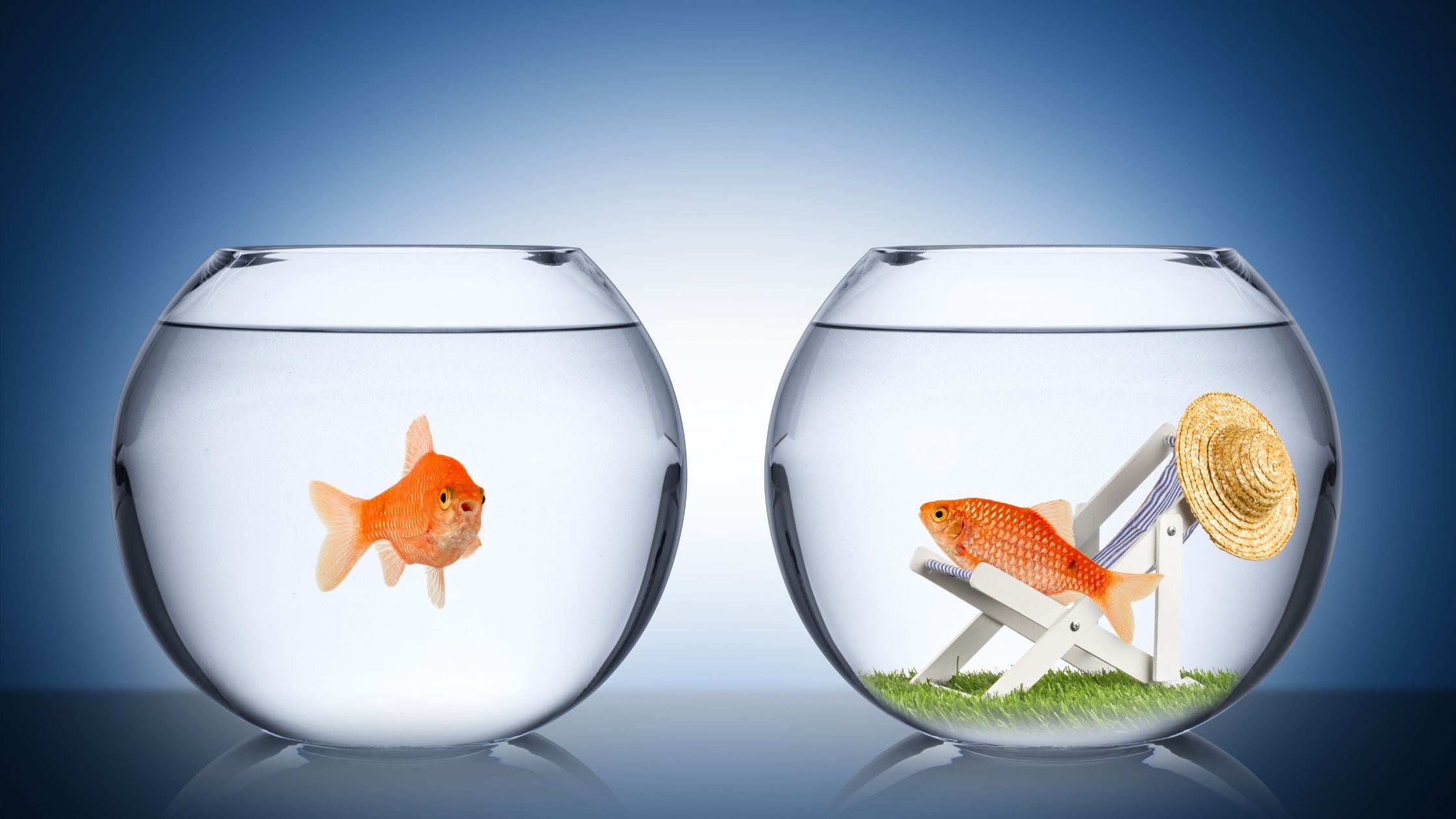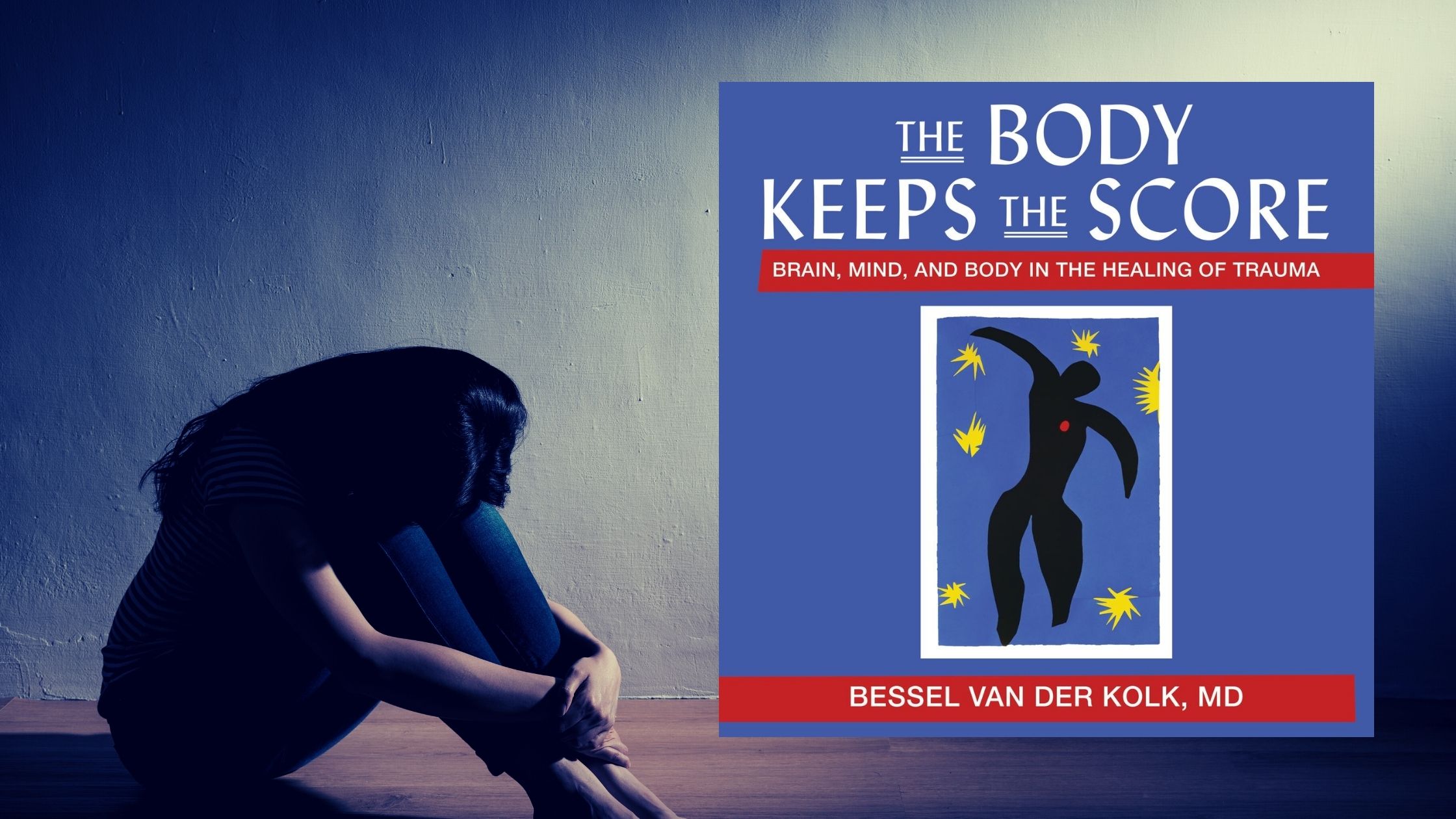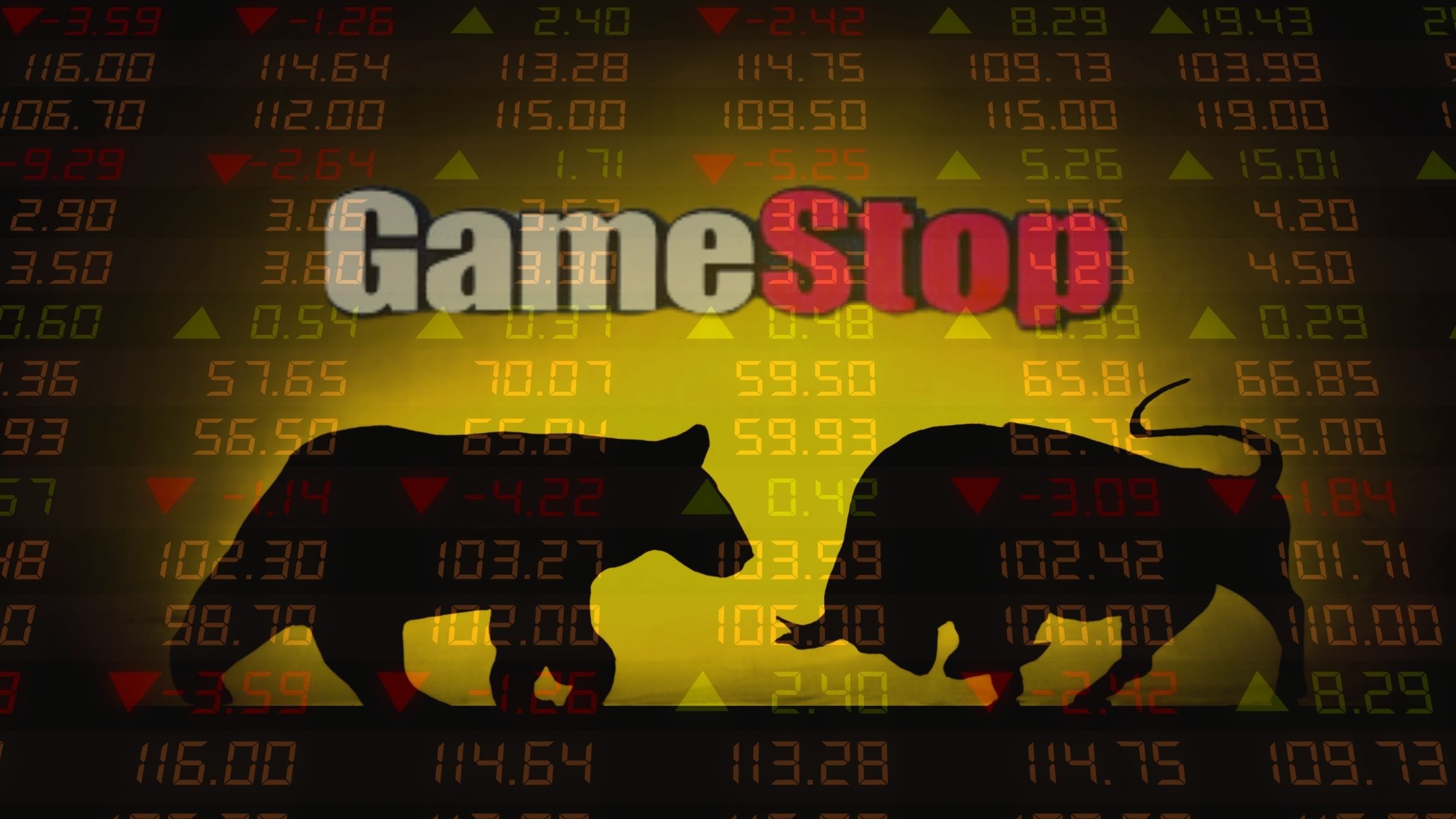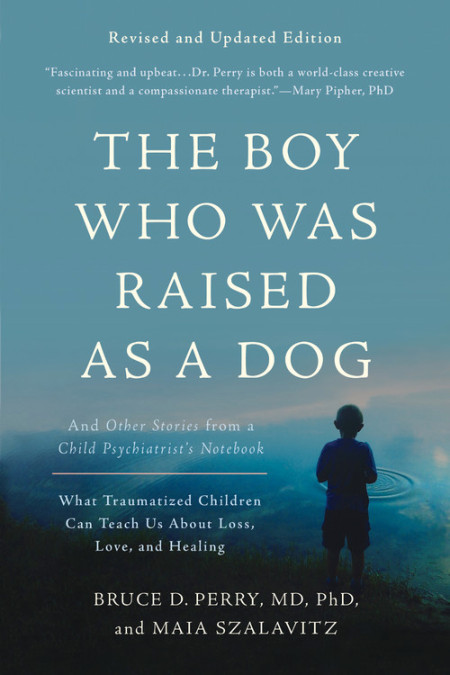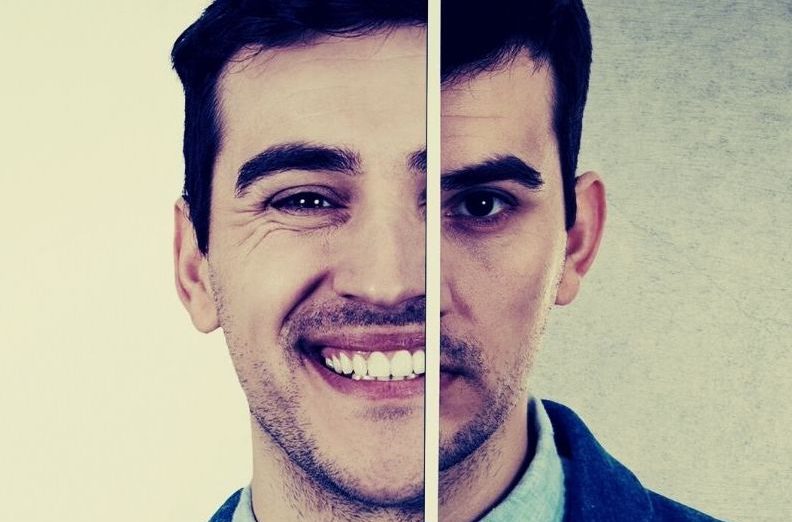It’s not easy being green: Is envy in BPD the same shade as envy in NPD?
Many have observed that borderline personality disorder and narcissistic personality disorder both share a common denominator of envy. Envy, since it’s a feeling of being or having less than someone else, is what points clinicians to the core feelings of emptiness at the heart of both disorders. But since the DSM-5 classifies these cluster B disorders as separate entities, does it naturally follow that envy presents differently in BPD vs NPD? Before addressing this question, I’ll start with several caveats: Envy is a natural emotion that everyone not only experiences, but also expresses in more than one way (Narcissism is also a trait that all possess and can express in numerous ways) BPD and NPD have many different expressions. If you look at the criteria for BPD and NPD, then calculate all of the different ways someone can meet criteria for the disorder, you’ll find that there can be tremendous diversity in symptom clusters within the same diagnostic category Personality disorders are notorious for bleeding into one another. Most people who meet criteria for one …

